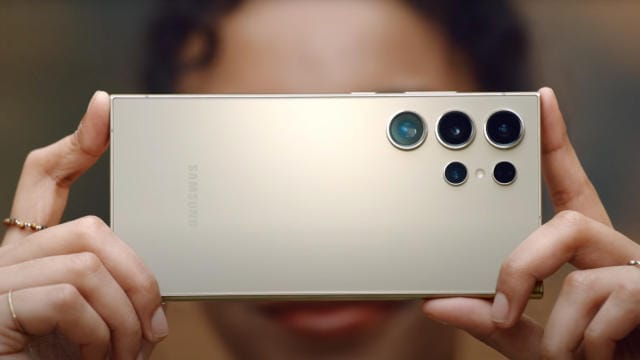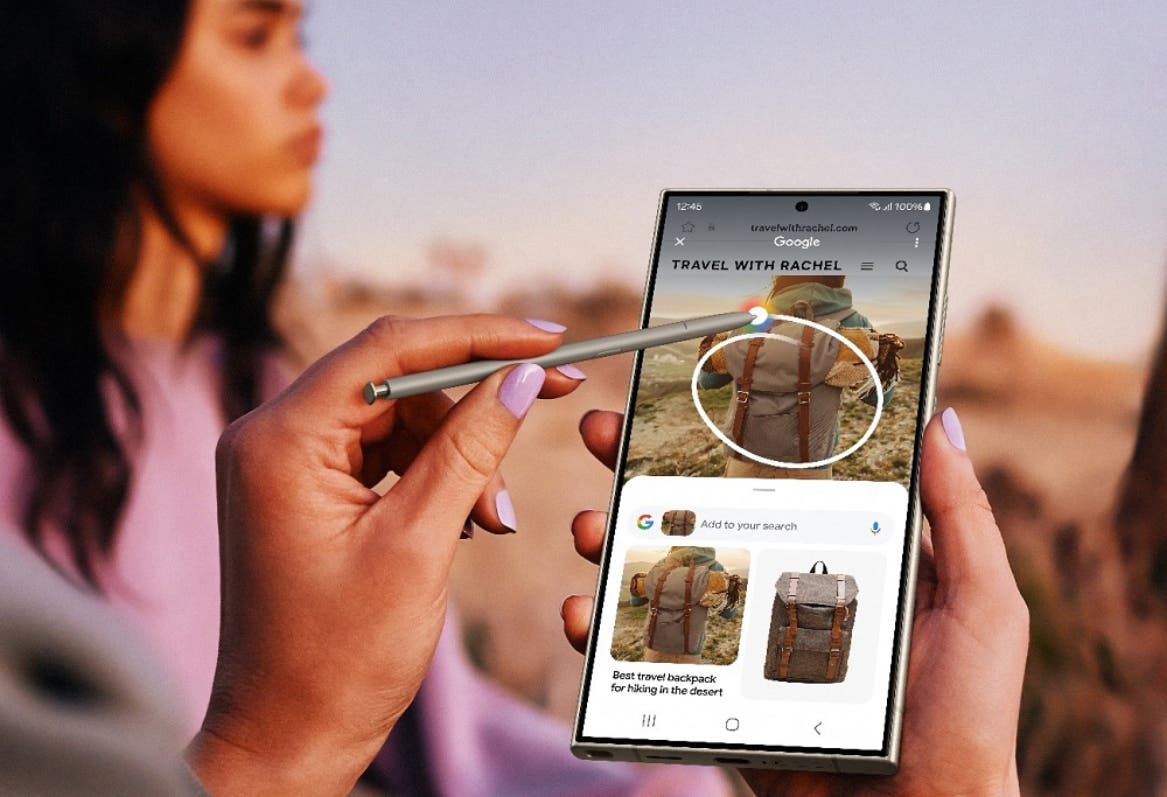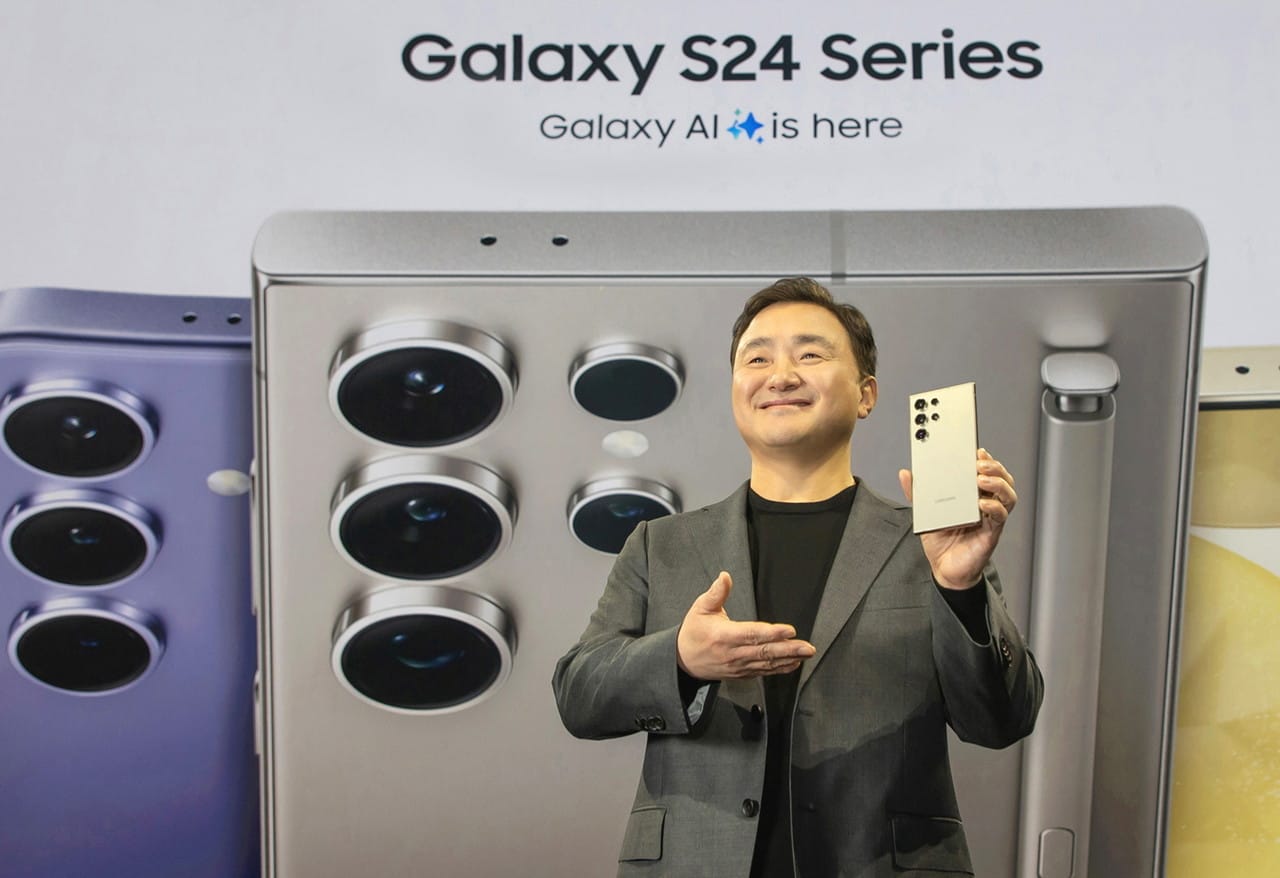Will Samsung's AI-powered phone, the Galaxy S24, be a hit?

Samsung's Galaxy has AI. Last week's announcement of the Galaxy S24, which includes AI features, was followed more than a week ago by a press conference in the UK, where it was revealed that AI will be used specifically in photography-related functions. We report on a physics project that gives a glimpse into Samsung's Web3 ecosystem.
Galaxy S24, a physics ecosystem with AI

In addition to the S24 and S24+, Galaxy also introduced the top-of-the-line S24 Ultra, which is powered by Qualcomm's third-generation, Galaxy-focused Snapdragon, highlighting that this is almost the first case of AI being commercialized as a physical product. Smart device brands, including Apple, are trying to overcome the limitations of physical development through artificial intelligence represented by AI. In the view of the late app, Apple also drew a large Web3 ecosystem, so the iPhone 16 will be equipped.
The prelude to Samsung's Web3 ecosystem "On-Demand AI".

The S24 series is not a model that has changed much in terms of design and hardware. The difference is the brighter and brighter display of 6.8 inches and the titanium case of the Ultra version. So, what about the inside? Let's take a look at the 'on-demand AI' that Samsung is betting on. Samsung's AI is said to be designed to work inside the device without a cloud or network. Since it is designed to work on Qualcomm's Galaxy-only Snapdragon, I think it will only be possible on the S24 Ultra. However, I think it will be updated after launch or downgraded in future versions.
Galaxy S24 focuses on editing, not camera

The Galaxy's AI analyzes what is being photographed and enables so-called "generative editing", which is an almost new batch editing of photographed photos. It also provides a simple function to find out what AI is by simply circling the image on SNS or browsers. In addition, instant interpretation such as interpreting between calls and converting text after a call (wasn't this also on the previous Android phone?) is also possible through AI.
AI watermark for deep fakes

Samsung, which has greatly enhanced AI functions for photos and images, is building a synchronized system to respond to ethical issues of deep fakes such as illegal editing and copyright infringement. To prevent creative damage caused by AI difficulties, Samsung is responding strongly by storing the changes made by AI in a metamask and watermarking the image. In fact, a demonstration at the King Cross conference showed that the metamask remained on the copied image, and it is being hailed as a market-leading update.
Samsung is building a Web3 ecosystem with AI

The Galaxy S24, which introduced the trendy technological advancements and usage standards of Web3 and AI to the Web2 ecosystem, presented the right methodology to raise eyebrows on the topic of camera enhancement, which Apple's iPhone upgraded to 15. It remains to be seen if Epple will follow in his footsteps with the 16 series or if Apple's great Web3 ecosystem will shine through.


